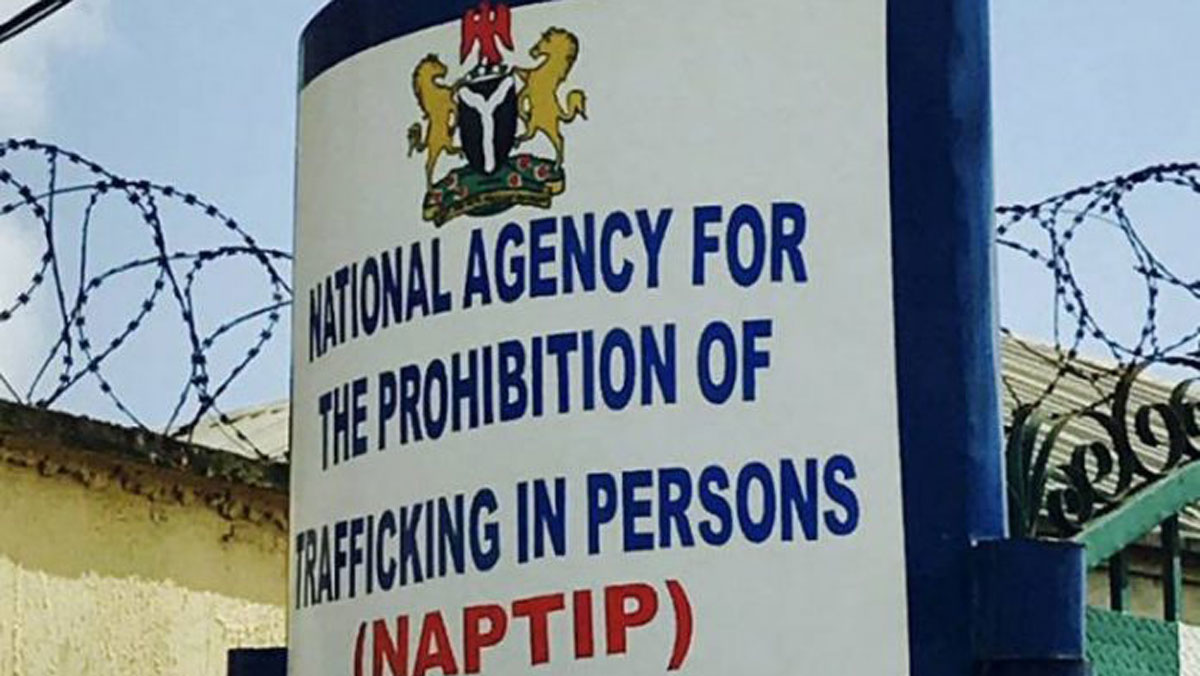The Federal Competition and Consumer Protection Commission on Tuesday sealed several shops at Utako Market in Abuja for allegedly selling locally produced rice repackaged as popular foreign brands.
The operation was carried out with help from the police and other security agents. It targeted traders who were said to be selling local rice in bags labeled as foreign brands like Royal Stallion and Mama Gold.
Speaking during the raid, FCCPC’s Director of Surveillance and Investigation, Boladale Adeyinka, said the Commission received strong information that this practice was becoming widespread.
She said, “The Commission has resolved to carry out this ongoing operation to confirm and validate reports that local rice is being packaged as imported rice. That is exploitative. That is against consumer economic interests.”
According to her, some of the rice brands being sold have not been imported into Nigeria since 2015.
“These products are not from Thailand. For Mama Gold, all exports stopped since 2015. Yet, in 2025, these brands are still all over the market,” she added.
Over five large shops were shut down during the raid, and the shop owners were told to report to the FCCPC headquarters for questioning.
Adeyinka said the Commission would follow the law to find those involved in this fake packaging and warned that those who refused to cooperate may face prosecution.
“We will follow the trail to identify those producing and branding local rice with foreign labels. The brand owners have already publicly announced they are no longer distributing in Nigeria. However, due to brand recognition, these cartels continue to exploit consumers,” she explained.
She also warned that administrative fines and penalties would be given to those found guilty.
Reacting to the raid, Igwenma Alex, secretary of the Utako Market Shop Ownership/Traders Association, said traders were not aware that the foreign rice brands had been banned.
“When something is banned, shouldn’t awareness be created for Nigerians? Even when you ban something, it’s not just about the traders—you’re protecting the entire nation,” he said.
One trader, whose shop was sealed, told reporters he did not know the rice was fake or banned.
“If I knew those products were banned or are no longer in the market, I would not have bought it. I buy my goods from Kaduna road and Kano,” he said.
The FCCPC said it would continue its effort to stop deceitful practices in Nigerian markets and protect buyers from being cheated.











